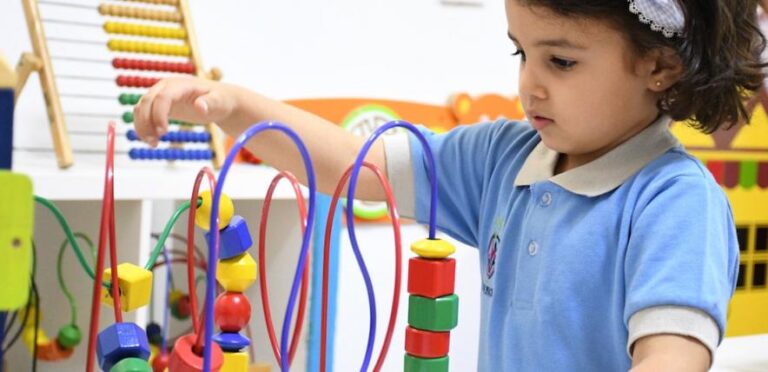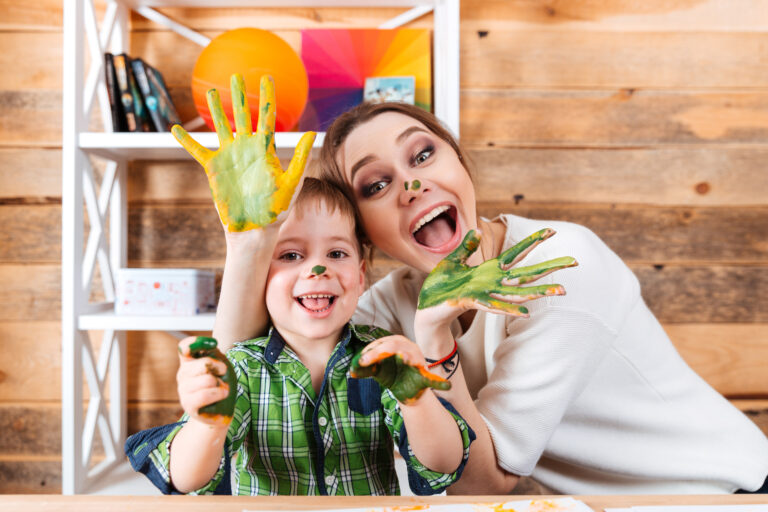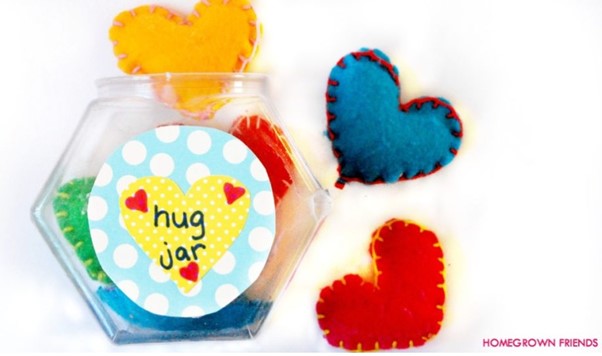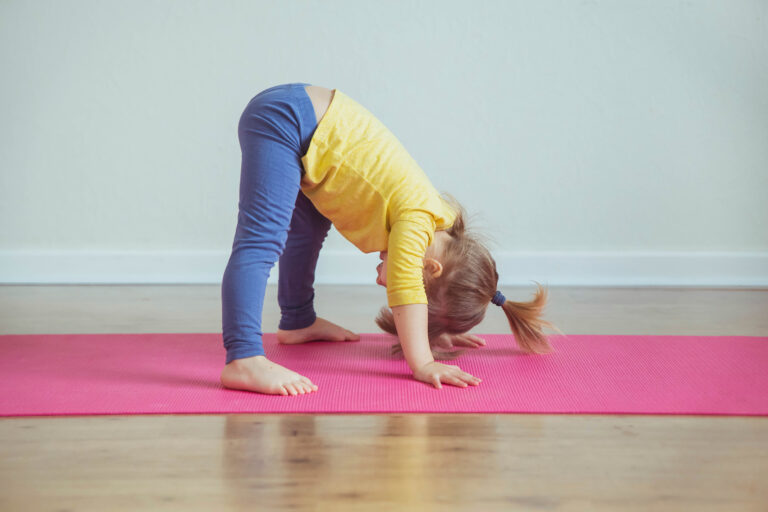By Alison Heseltine
Why as parents and carers do we need to support our youngest children’s emotional well-being?
It has been widely recognised that emotional well-being is key to our children’s potential outcomes in life as they grow and develop, but it is also vital that we understand its importance for our children now – not just for their future success, but to give them a safe, loving, nurturing and supported childhood where they can learn about and express their feelings, build their self-esteem, connect positively with others and take new experiences in their stride.
This positive beginning will then give them strong foundations to build on as they grow.
As parents and carers we need to understand that before children can go on to start learning about the world around them and developing skills such as how to read and write they need to have had these early childhood opportunities and experiences to nurture their emotional well-being.
The current research into our children’s emotional health and well-being makes for uncomfortable reading with 1 in 10 children and young people suffering from mental health problems such as stress and anxiety that they feel unable to cope with, and sadly the youngest of children feature in these figures.
We also know that when children are struggling with these difficulties it impacts on their ability to learn as these big, overwhelming emotions “fill” their thoughts.
It may be short or long term, but until they feel safe and can switch off their fight, flight or freeze survival response they are not in the right place to develop their learning and thinking.
Problems such as stress and anxiety trigger the release of response hormones such as cortisol – again as part of our survival mechanism, but if this occurs over long periods of time it can adversely affect brain development at a time of life when children’s brains are growing the most.
So how can we help our children to stay emotionally healthy?
- Be proactive. Make your child’s emotional well-being just as important as their physical well-being and give them the experiences and tools they need. You know your child best so ask yourself are there signs that something is wrong such as struggling to sleep or not wanting to join in with things that they usually like?
- Recognise them as unique individuals each with their own temperament, thoughts and feelings and acknowledge that this means they will all respond differently to the same situation and that this is okay.
- Help them to build loving, responsive relationships with others by listening to what they say, noticing what they do and valuing their contributions without judgement boosting their self-esteem. Find the time and space to do this where there are no other distractions.
- Be enthusiastic about their interests and give them opportunities to discover and explore these. Perhaps it’s a trip to the library to find a book about dinosaurs or stopping on a walk to share with them the smallest of things that they have spotted. This shows them that what they do and think matters to you and gives opportunities to spend time together.
- Be realistic and acknowledge that children are growing and learning. Notice the times that they are struggling and show empathy to them as you help them to recognise, name and understand their emotions. Let them know that we all encounter problems – be a good role model and show them how to deal with these in a positive way.
- Give opportunities to work as a team – perhaps there are tasks that they could help with like sorting the socks or picking up toys and notice and praise them for doing so. This will help them to see themselves as important members of the family or community and that helping others makes them feel good.
- Try and establish routines that help them to stay fit and healthy such as bed and mealtimes as it’s much harder to be resilient when you are tired or hungry. Make time for exercise as keeping active boosts emotional well-being.
- Be positive and optimistic and show your child that things can change and get better.
- Get outdoors and blow away the cobwebs – perhaps a walk to the park or splashing in a puddle – have fun together and share the joy!
Finally don’t forget that in order to help to support your child’s emotional well-being you need to think about your own.
We all encounter times when life is difficult and overwhelming and acknowledging this and reaching out for help when its needed means we are in a better place to care for and support our children.








